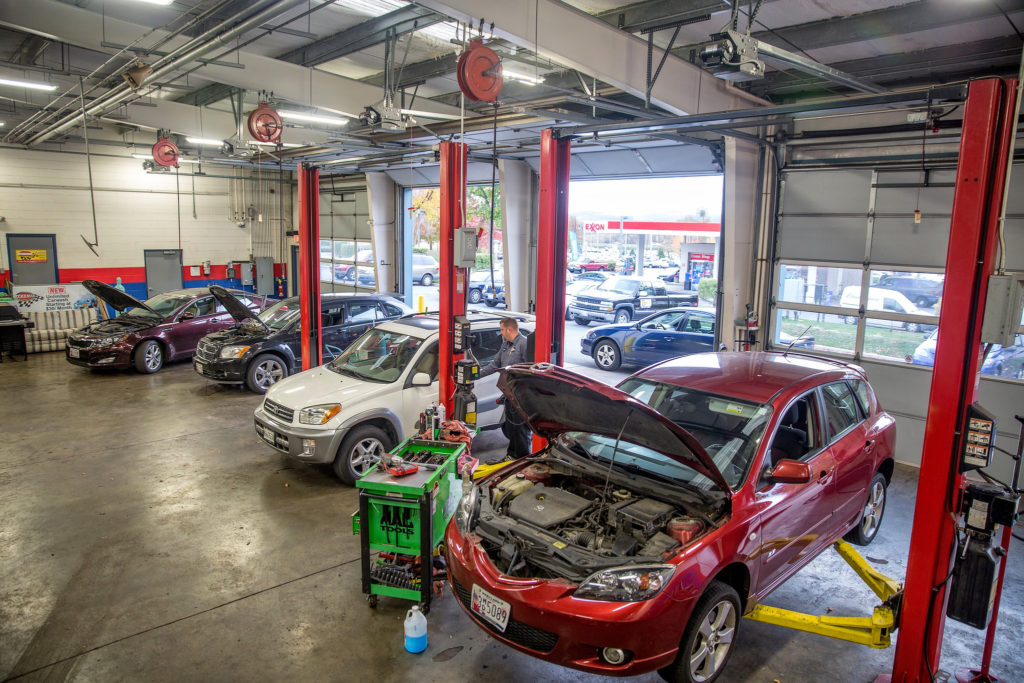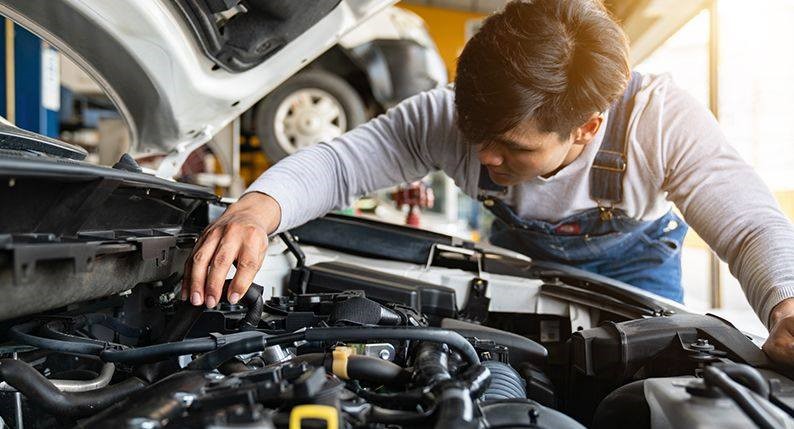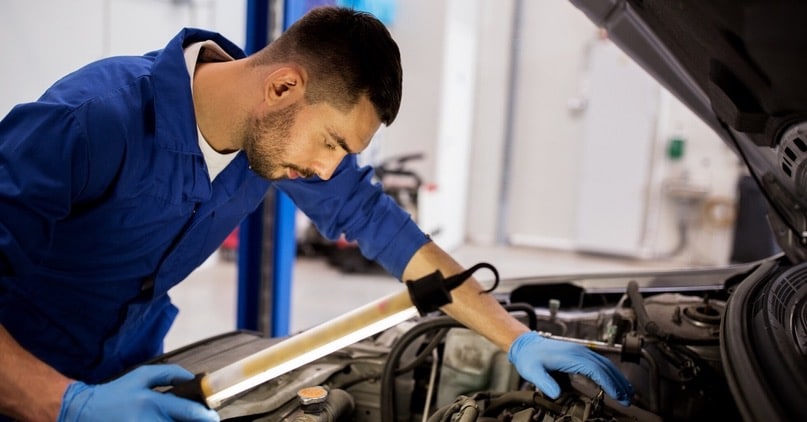All Categories
Featured
Your automobile is an important part of your daily life, and taking great care of it ensures that it offers you dependably for years to find. While modern-day cars are created to be sturdy, disregarding appropriate maintenance can result in unneeded break downs and pricey fixings. Below's just how you can maintain your automobile running longer and in peak problem.
- Stick To Routine Upkeep. The foundation of a lasting automobile is normal maintenance. Follow your supplier's suggested upkeep routine, which can usually be found in your auto's owner's guidebook. Normal jobs like oil adjustments, tire rotations, and brake checks prevent deterioration and keep your car performing efficiently.
Ignoring oil modifications is one of the quickest ways to damage your engine. Tidy oil ensures appropriate lubrication and stops overheating. Relying on your auto and driving behaviors, oil changes are usually needed every 3,000 to 5,000 miles or as specified by the producer.
- Examine and Replenish Fluids. Your vehicle counts on numerous liquids to operate smoothly. These include engine oil, transmission fluid, coolant, brake liquid, and power steering liquid. Reduced or filthy liquids can bring about engine getting too hot, sliding equipments, and brake failure.
Make it a routine to inspect liquid levels routinely. If you see a substantial decrease in liquid degrees, it might suggest a leakage that requires immediate attention. Maintaining liquids tidy and at the right levels ensures your car runs successfully and avoids pricey repair services.
- Watch on Your Tires. Tire maintenance is essential for both security and performance. Incorrectly filled with air tires can lower fuel performance, create irregular wear, and boost the risk of blowouts. Check your tire pressure regular monthly and ensure it matches the manufacturer's recommendations.
Turning your tires every 5,000 to 7,500 miles promotes even wear and expands their life expectancy. In addition, check your tires for any indicators of damages, such as cuts, bulges, or low walk depth, and change them when needed.
- Replace Worn Components promptly. Neglecting damaged components can bring about larger problems down the roadway. For example, stopping working to replace a worn timing belt can cause engine failure. Used brake pads can damage blades, leading to costly fixings.
Be proactive concerning replacing components such as trigger plugs, filters, and belts according to the supplier's standards. Utilizing top notch substitute components makes sure better performance and longevity.
- Exercise Gentle Driving. The means you drive considerably affects the life expectancy of your car. Hostile driving habits, such as fast velocity, abrupt braking, and tough cornering, put added stress on the engine, brakes, and tires.
Instead, adopt smooth driving strategies. Increase progressively, keep a steady speed, and brake gently whenever possible. This reduces damage on your auto's parts and enhances fuel performance.

- Secure Your Car's Exterior. Keeping your automobile tidy isn't practically appearances-- it has to do with stopping damage. Dirt, road salt, and gunk can trigger deterioration and rust, specifically in the undercarriage. Regular cleaning, especially throughout winter season or after driving on salted roadways, is crucial.
Waxing your automobile every few months supplies a protective layer versus environmental damage. In addition, park your car in a garage or use a vehicle cover to secure it from harsh weather condition and UV rays, which can fade the paint and damage the inside.
- Don't Neglect Caution Signs. Control panel caution lights are your automobile's way of telling you something requires interest. Whether it's the check engine light, reduced oil pressure, or tire pressure warning, addressing these notifies quickly can avoid minor concerns from ending up being major repairs.
If you observe uncommon sounds, vibrations, or modifications in your car's performance, don't ignore them. A specialist technician can detect and fix the issue prior to it rises.
- Shop Your Cars And Truck Properly. If you're not utilizing your auto for an extensive period, proper storage space is essential. Keep your car in a great, dry area to secure it from weather condition damage. Utilize a battery tender to maintain the battery fee and include a fuel stabilizer to avoid the gas from deteriorating.

Starting the car sometimes or taking it for a short drive can maintain all systems in working order and protect against parts from taking up.
Conclusion: Consistency Is Trick. Maintaining your cars and truck running longer doesn't require challenging actions-- just consistency and focus to information. Treat your cars and truck with care, and it will reward you with integrity, better performance, and years of dependable service.
Latest Posts
Signs When Your Car Needs Expert Auto Repair at Montclare Auto Repair
Find Auto Services & More: Complete Auto Care Solutions from Montclare Auto Repair
Recognizing When Your Car Needs Expert Car Repair at Montclare Auto Repair
More
Latest Posts
Signs When Your Car Needs Expert Auto Repair at Montclare Auto Repair
Find Auto Services & More: Complete Auto Care Solutions from Montclare Auto Repair
Recognizing When Your Car Needs Expert Car Repair at Montclare Auto Repair
